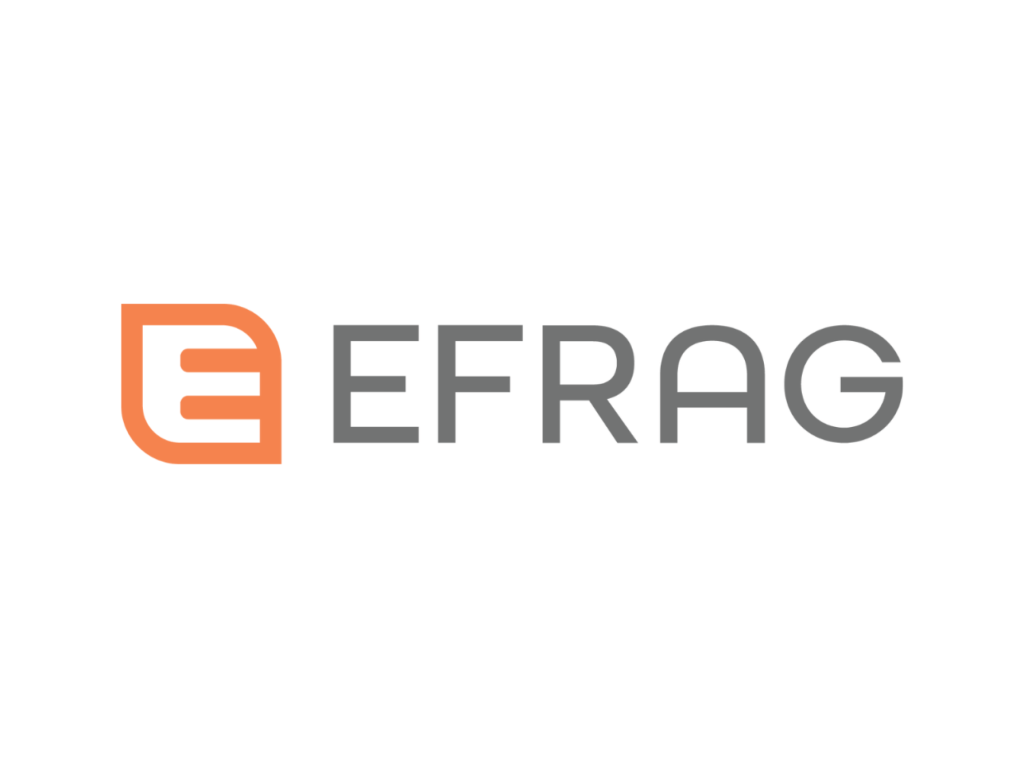EFRAG’s new portal analyzes 656 sustainability statements issued under ESRS in 2025, offering real-time insights on materiality, disclosure gaps, and transition plans.
Only 10% of companies reported all 10 topical ESRS standards as material; climate, workforce, and governance saw the most disclosures.
Stakeholder engagement remains narrow, with 97% involving internal voices but minimal outreach to wider societal stakeholders.
EFRAG has launched the “EFRAG 2025 State of Play” portal—an interactive platform offering live access to early implementation data of the European Sustainability Reporting Standards (ESRS) under the Corporate Sustainability Reporting Directive (CSRD). The portal includes two core components:
A Statistics Dashboard featuring insights from 656 ESRS-aligned sustainability statements issued in 2025; and
A Report Repository providing the complete set of company reports collected between 1 January and 20 April 2025.
EFRAG’s market study reveals emerging patterns and ongoing challenges in early ESRS adoption. One of the most notable findings is that only 10% of companies considered all 10 topical ESRS standards as material. The most frequently disclosed topics were Climate Change (E1), Own Workforce (S1), and Business Conduct (G1).
Stakeholder engagement practices were heavily skewed toward internal consultation:
“97% of companies involved internal stakeholders in their materiality assessments, but engagement with broader societal stakeholders remains rare,” the report highlights.
Another key insight is the varied disclosure of climate transition strategies. While 55% of companies reported a climate transition plan, the approaches and formats differed significantly, showing the lack of a unified reporting model.
The study also flags a wide range in the length and depth of sustainability reports, with averages ranging from 70 to over 200 pages depending on the country and industry. Financial institutions were found to produce the most extensive disclosures.
RELATED ARTICLE: EFRAG Launches Voluntary Sustainability Reporting Standard for Non-Listed SMEs
Underreported areas include biodiversity, internal carbon pricing, and human rights incidents, despite more consistent reporting in other social categories.
EFRAG noted that the study is instrumental in understanding the “practical realities of CSRD compliance and the operationalisation of ESRS,” and aims to support preparers, regulators, and stakeholders as the sustainability reporting landscape matures.
The findings also serve as a foundation for EFRAG’s ongoing work to simplify the ESRS framework, in line with the mandate received from the European Commission on 7 March 2025 under the Omnibus proposals.
EFRAG extended its thanks to Boston Consulting Group (BCG) for its support in delivering the report.
Follow ESG News on LinkedIn

